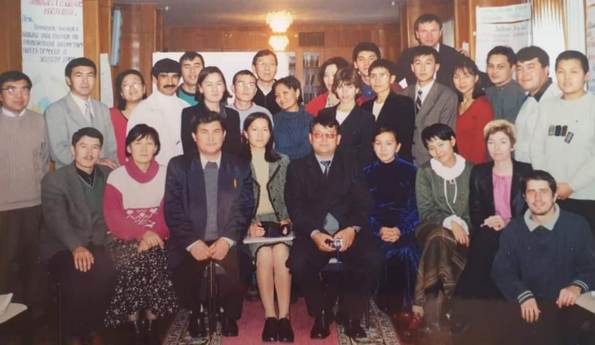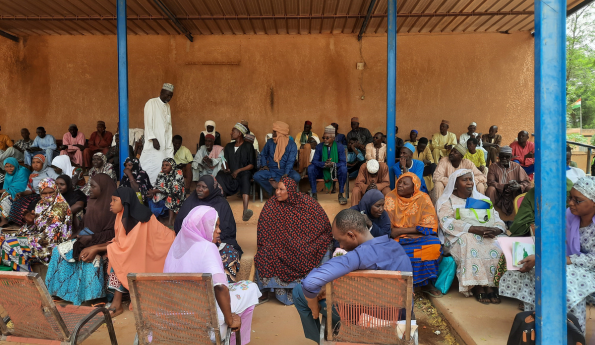Since its independence in 2002, Timor-Leste has faced political instability, a struggling economy, and a fledgling justice system. A central component of an independent state is the involvement of citizens and their awareness about the roles and responsibilities of government leaders. Focusing on local government’s interaction with citizens is a window into a successful transition to independence.
Recently, Counterpart International conducted a survey of more than 900 Timorese citizens to develop a baseline of understanding about how much people knew – and cared – about local government. Results reflected citizen interest in getting involved in community life. More than 50 percent of citizens reported participating in local governance (“suco”) forums, and an overwhelming majority are even happy to contribute their time to community development. Additionally, 87 percent of people say suco justice forums provide the best outcome for the community, and 95 percent favor volunteering their time to engage in community development. Considering its recent statehood, these results highlight the importance of citizens’ participation in Timor-Leste.
Yet, citizen awareness about what they can expect from local governance still remains very low. Survey results reflect a population left in the dark about local governance responsibilities. Although citizens show high engagement in, and support for, local governance, they remain largely uninformed about what exactly is expected from their officials. Of the 15 legislated responsibilities of local officials, less than 50 percent of respondents could list two or more. This indicates a limited understanding of the roles of officials in local communities by their citizens. Without the proper awareness of the local justice system, citizens cannot hold officials accountable and in turn may be deprived of basic services.
In addition, the survey shows there are still gains to be made, especially for women. Findings reflect that women reported lower levels of attendance at suco meetings, and they have a lower perceived ability to have their voices heard at these meetings. Moreover, women reported less confidence in suco-level dispute resolution and mediation services.
These results highlight the importance of Counterpart’s Mai Munisipiu program, which will promote participation and representation in local governance, improve communication and linkages of local village administrators within municipalities, and increase access to formal and informal justice for marginalized citizens. The project will also specifically focus on changing community behaviors, to create awareness about women’s rights and the importance of their role in the community.
Baseline data will help the project with monitoring and evaluation, and provide a foundation from which program efforts can build. An interested and engaged population will help people build better lives and create lasting change within their communities.
The Mai Munisipiu program is funded by USAID through the Global Civil Society Strengthening Leader with Associates award program. Learn more about our Mai Munisipiu program >>




